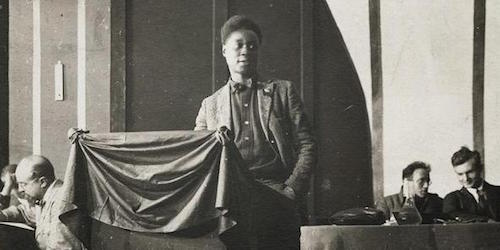
After the End of the World: Re-reading the Russian Revolution
Owen Hatherley surveys the Russian Revolution centennial literature.

Owen Hatherley surveys the Russian Revolution centennial literature.
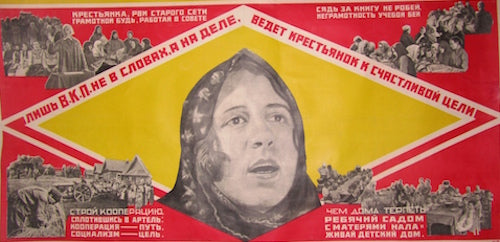
In this long-read, Sheila Rowbotham examines the changing conditions for women before, during, and after the Russian Revolution, as well as the political and social roles played by women during each period.
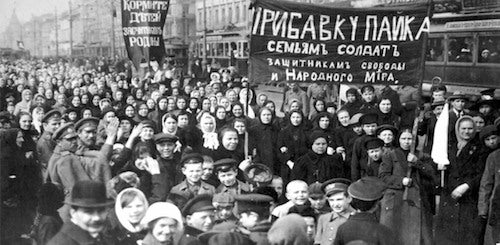
In the second part of this long-read, Sheila Rowbotham examines the changing conditions for women before, during, and after the Russian Revolution, as well as the political and social roles played by women during each period.
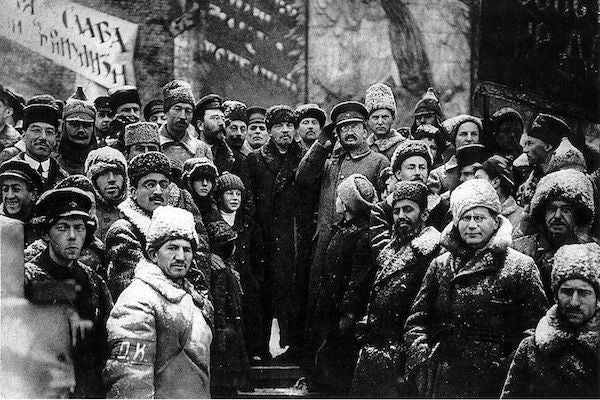
"The Russian Revolution of 1917 was an unprecedented event in the history of the human species."
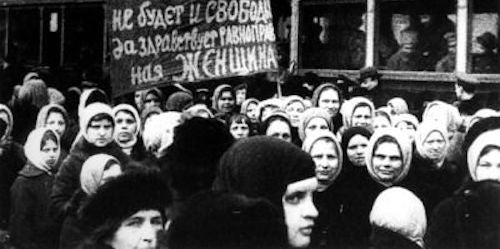
The history of 1917 in Russia requires a full range of voices, and attention to the entire spectrum of human emotions and experiences, within the masses as well as the elites.
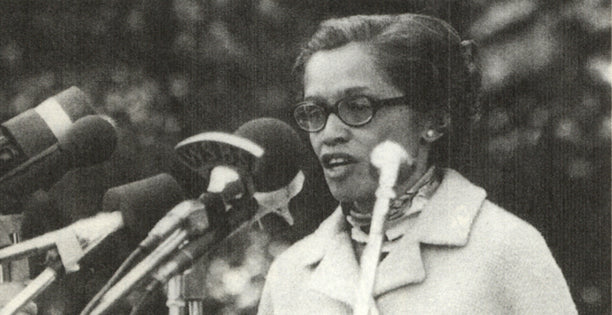
The promse of 1917 allowed African American women to assert themselves as an integral part of a global movement to end racism, sexism, and imperialism.
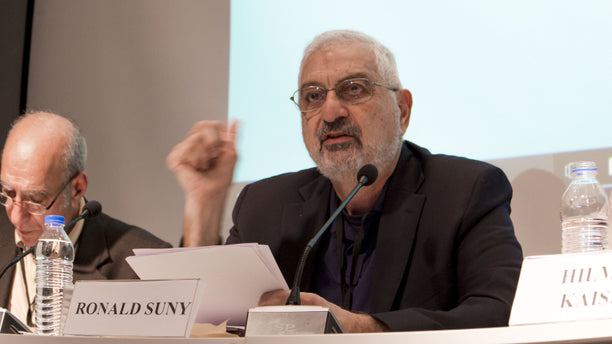
Ronald Grigor Suny discusses the Russian Revolution and its historiography.
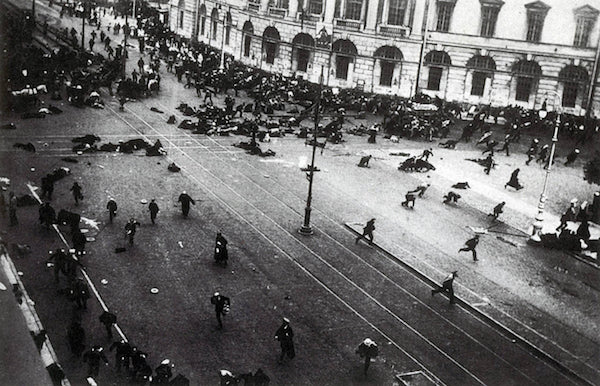
China Miéville discusses the Russian Revolution and its relevance for today with Eric Blanc, a historical sociologist and author of the forthcoming monograph Anti-Colonial Marxism: Oppression and Revolution in the Tsarist Borderlands.
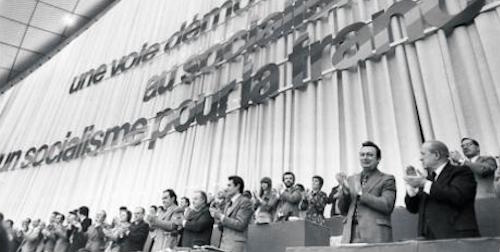

It is the contradictions of the dictatorship of the proletariat, as it was beginning to develop in Russia, that form the object of Lenin's analysis and of his arguments. If you forget this fact, you can easily fall into dogmatism and formalism: Leninism can be represented as a finished theory, a closed system — which it has been, for too long, by Communist parties. But if on the other hand you remain content with a superficial view of these contradictions and of their historical causes, if you remain content with the simplistic and false idea according to which you have to "choose" between the standpoint of theory and that of history, real life and practice, if you interpret Lenin's arguments simply as a reflection of ever changing circumstances, less applicable the further away they are in history, then the real causes of these historical contradictions become unintelligible, and our own relation to them becomes invisible. You fall into the domain of subjective fantasy

